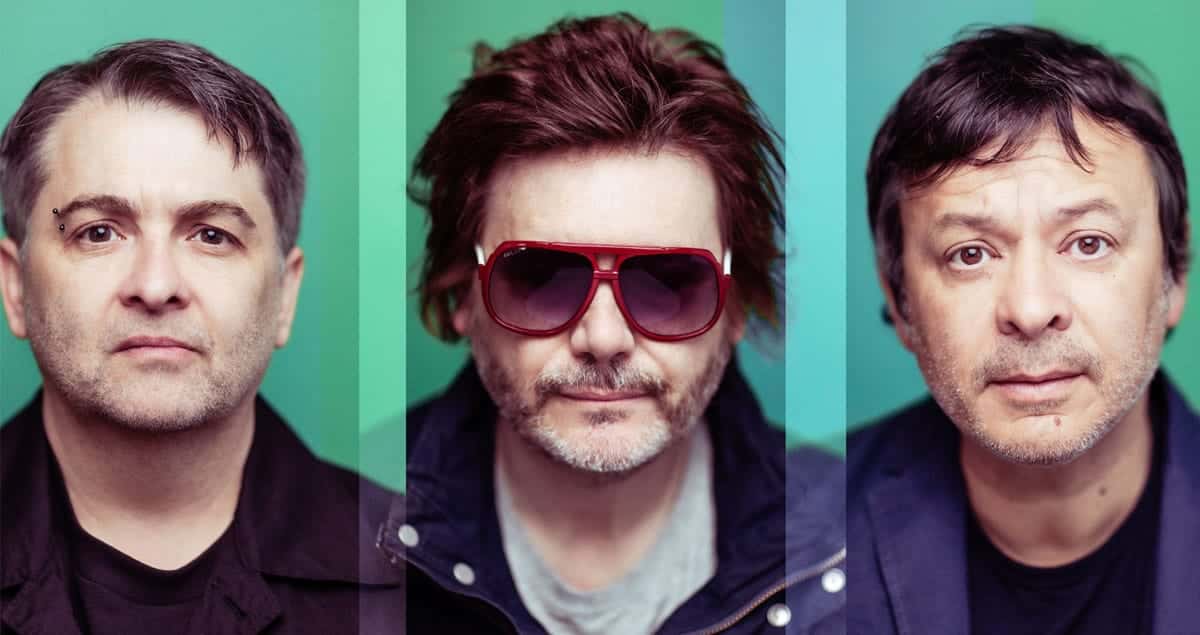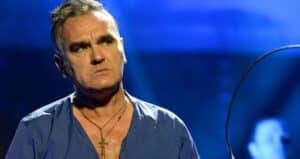Manic Street Preachers: Intellectual Fire and Anthemic Rock
Manic Street Preachers, often referred to simply as the Manics, are a Welsh rock band formed in Blackwood, Caerphilly in 1986. Known for their fierce political lyrics, literary references, and arena-filling anthems, the Manics have remained one of the most enduring, provocative, and versatile bands in British rock.
They’ve seamlessly moved between punk defiance, glam rock theatricality, alternative melancholy, and orchestral grandeur, all while maintaining a fiercely intellectual and emotionally intense core.
Manic Street Preachers.
Formation and Early Years
Formed: 1986
Origin: Blackwood, Wales
Founding Members:
James Dean Bradfield – Vocals, guitar
Nicky Wire (Nick Jones) – Bass, lyrics
Sean Moore – Drums, trumpet
Richey Edwards – Rhythm guitar, lyrics (1989–1995)
The band emerged from the post-punk and indie scenes of the late 1980s, deeply influenced by The Clash, The Smiths, and Guns N’ Roses. Early on, they cultivated a rebellious and confrontational image, combining glam-punk stylings with radical leftist politics and poetic manifestos.
Manic Street Preachers.
The Enigma of Richey Edwards
Richey Edwards, the band’s co-lyricist and ideological heart, became an icon for his intense lyrics, emotional vulnerability, and troubled psyche. In 1995, shortly before the release of Everything Must Go, Edwards disappeared and was later presumed dead in 2008. His legacy continues to shape the band’s mythology and message.
Manic Street Preachers.
Musical Evolution
The Manics’ sound has evolved significantly:
Early years (1991–1994): Politically charged punk and glam rock
Mid to late ’90s: Anthemic, emotionally driven Britpop-era rock
2000s onward: Mature, introspective, and often experimental, but always melodic
They have released both fiercely personal albums and bold political statements, often interwoven within the same record.
Key Albums
Generation Terrorists (1992)
An ambitious double album and explosive debut. The Manics declared they would sell millions of records and then split up—clearly, they had other plans.
Highlights:
“Motorcycle Emptiness”
“You Love Us”
“Slash ‘n’ Burn”
Gold Against the Soul (1993)
A more polished, hard rock album with hints of vulnerability and introspection beneath the bravado.
Highlights:
“From Despair to Where”
“La Tristesse Durera (Scream to a Sigh)”
“Roses in the Hospital”
The Holy Bible (1994)
A dark, uncompromising masterpiece, filled with searing political rage and harrowing introspection. Edwards’ lyrical contribution dominates this album, which remains one of the band’s most critically revered works.
Highlights:
“Faster”
“Archives of Pain”
“4st 7lb”
“Yes”
Everything Must Go (1996)
Their commercial breakthrough, released after Richey’s disappearance. The band embraced lush production and big choruses, while still reflecting on loss and ideology.
Highlights:
“A Design for Life”
“Kevin Carter”
“Everything Must Go”
This Is My Truth Tell Me Yours (1998)
A more subdued, introspective album, yet hugely successful. The lyrics delve into personal pain, Welsh identity, and quiet rebellion.
Highlights:
“If You Tolerate This Your Children Will Be Next”
“You Stole the Sun from My Heart”
“The Everlasting”
Know Your Enemy (2001)
A messy, eclectic, and politically charged album that veers from pop-punk to Cuban rhythms. Divisive but daring.
Highlights:
“Ocean Spray”
“So Why So Sad”
“Let Robeson Sing”
Lifeblood (2004)
The band’s most synth-heavy and melancholic album. It received mixed reviews at release but has since been reassessed as a quietly powerful statement.
Highlights:
“1985”
“Empty Souls”
“The Love of Richard Nixon”
Send Away the Tigers (2007)
A back-to-basics rock album that revitalized the band’s energy and led to a commercial rebound.
Highlights:
“Your Love Alone Is Not Enough” (feat. Nina Persson)
“Autumnsong”
Journal for Plague Lovers (2009)
An album entirely based on unused Richey Edwards lyrics, delivered with stripped-down post-punk intensity and produced by Steve Albini.
Highlights:
“Peeled Apples”
“Jackie Collins Existential Question Time”
Futurology (2014)
One of their most experimental and forward-looking albums, inspired by European culture, Krautrock, and Bauhaus aesthetics.
Highlights:
“Walk Me to the Bridge”
“Europa Geht Durch Mich”
“Futurology”
The Ultra Vivid Lament (2021)
A melancholic, piano-driven album with elements of ABBA, post-Brexit introspection, and nostalgic beauty. One of their most melodic works.
Highlights:
“Orwellian”
“The Secret He Had Missed”
“Still Snowing in Sapporo”
Lyrical Themes
The Manics are one of the most literate and politically conscious rock bands of their generation. Their lyrics cover:
Socialism, working-class identity, and cultural theory
Mental health, loss, and trauma
War, propaganda, and memory
Art, literature, and European intellectualism
They quote Albert Camus, Sylvia Plath, Noam Chomsky, Guy Debord, and countless others in their work.
Legacy and Influence
Among the most critically respected British bands since the 1990s
Icons of Welsh cultural pride and political resistance
Despite shifting styles, they’ve remained authentic, intellectual, and emotionally committed
Consistently active with no major breakups, releasing new music every few years
Where to Start
| Album | Year | Best For |
|---|---|---|
| The Holy Bible | 1994 | Dark, raw, uncompromising genius |
| Everything Must Go | 1996 | Accessible, emotionally powerful anthems |
| This Is My Truth Tell Me Yours | 1998 | Quiet beauty and introspection |
| Futurology | 2014 | Ambitious, modern, and European |
| The Ultra Vivid Lament | 2021 | Elegant, melodic, and reflective |
Final Thoughts
Manic Street Preachers are a rare band—uncompromising yet popular, intellectual yet visceral, political yet personal. They’ve weathered tragedy, shifted sounds, and remained deeply relevant for over 30 years. Whether you’re drawn to punk rage, orchestral grandeur, or philosophical reflection, the Manics offer one of the most intense and rewarding journeys in modern rock.
They don’t just make music. They challenge, question, mourn, and celebrate—always with passion, intelligence, and poetry.




